
RX FOR DISCOVERY READING: STANDARD WORKSHOP
Featured: In Person • Suffolk, VA
Registration closes 19 Jun 2026 11:00pm (EDT)
Description
The training is designed to model how to weave these components, which we call “strands of language” into a language braid that is comprehensive, constructive, and creative.
- Evidenced-based: Based on meta-analyses research from the National Reading Panel (NRP, 2000) and Teaching Reading Is Rocket Science (Moats, 2020);
- Philosophy: Multi-modal structured literacy approach (Carreker & Birsh, 2018) based on Scarborough’s Reading Rope (2001) within a mediated learning (Feuerstein, 1996) and meta- cognitive instructional framework (NRP, 2000)
- Instruction: Didactic and practicum learning experiences with hands-on, role-playing activities and lesson plan development
Assessment: Participants will practice implementing aspects of a reading lesson with a small group of peers and receive feedback on their demonstrations
Once the Rx for Discovery Reading: Standard training is completed NILD educational therapists and classroom educators will be able to work with students in a one-on-one situation or in small groups and effectively and efficiently develop decoding and encoding skills in their students.
Workshop Objectives:
General: Successful completion of this workshop will enable educators to use evidenced- based strategies to further develop the literacy skills of 4th-12th grade students.
Specific: Upon completion of this workshop, participants will be able to:
- Understand how to develop students’ literacy thinking and learning using a structured literacy approach, mediated learning, cognitive functions, and corrective feedback
- Understand how NILD’s cognitive literacy approach addresses the literacy needs of English Language Learners and ACE students (academically, culturally, and economically diverse students)
- Demonstrate knowledge of fluency factors and how fluency develops reading comprehension skills
- Situate the Gray Matter Literacy technique and materials within the research-informed best-practices to develop students’ literacy abilities
Demonstrate knowledge of morphemes and how to develop students’ morphological knowledge to build vocabulary and reading comprehension skills
Still have questions and need to talk to someone? Please email MonicaFraser@nild.org
Asynchronous Learning Activities: links provided by NILD upon registration
- Watch four didactic PowerPoint lectures
- Complete a knowledge assessment based on the didactic lectures
- Read six research/journal articles
- Review an online resource and watch two videos
-
Syllabus website Rx R 2025 (219 KB)
Products that pair well with this Course:
-
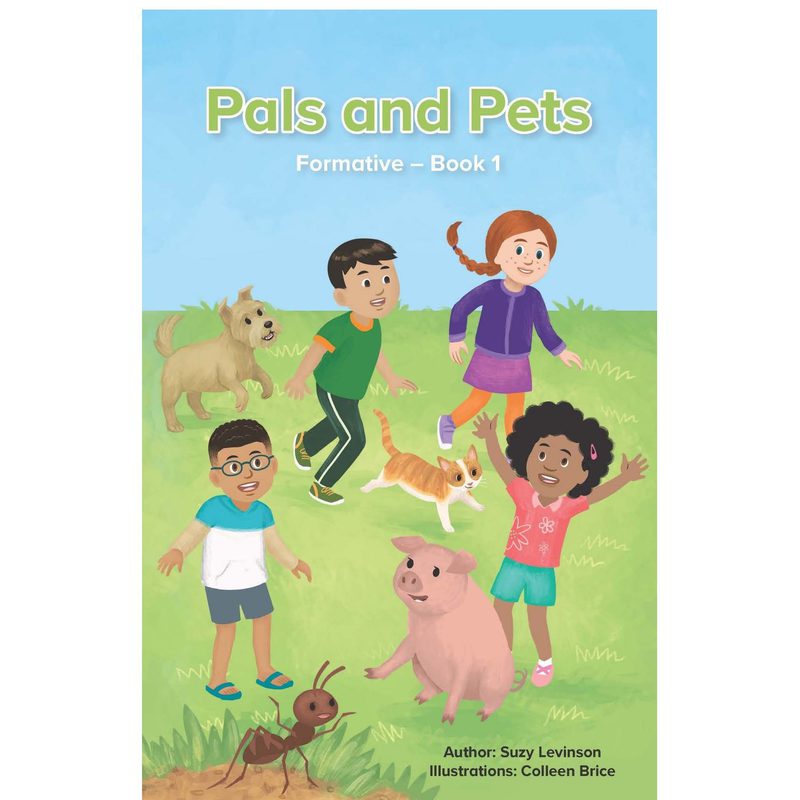
Decodable Reader: Pals and Pets - Formative - Volume 1
$18.50
Course Materials, Mediated Learning Materials
-
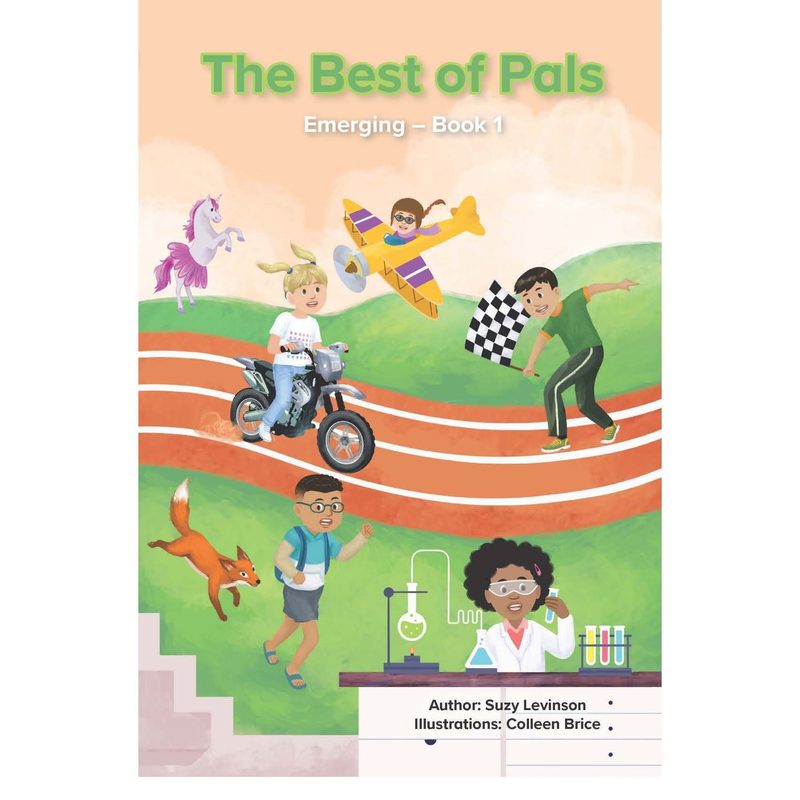
Decodable Reader: The Best of Pals - Emerging - Volume 1
$18.50
Course Materials, Mediated Learning Materials
-
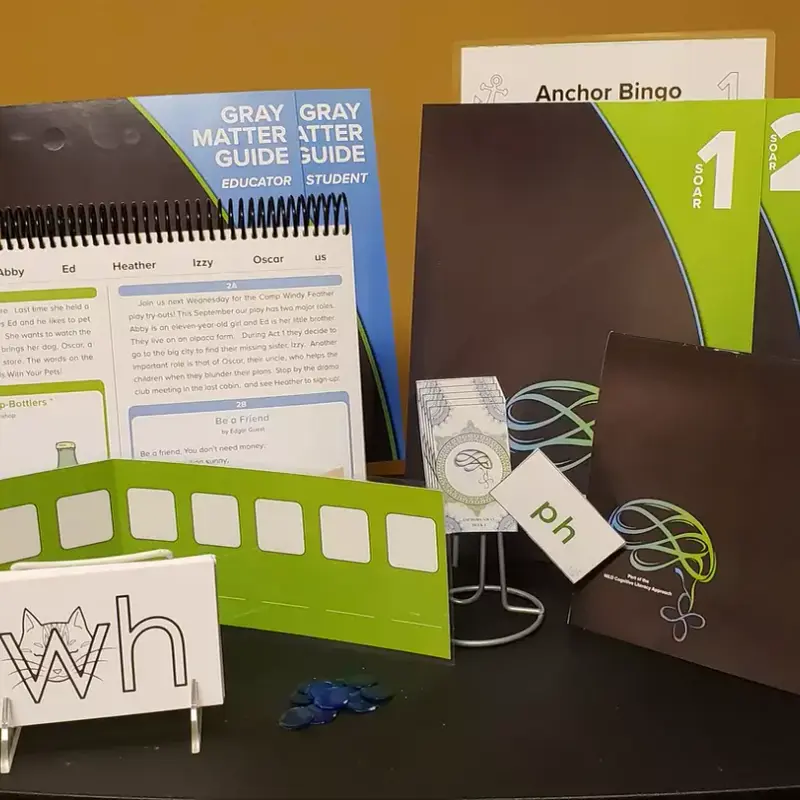
Gray Matter Literacy Kit - Therapist
$350.00
Gray Matter
-
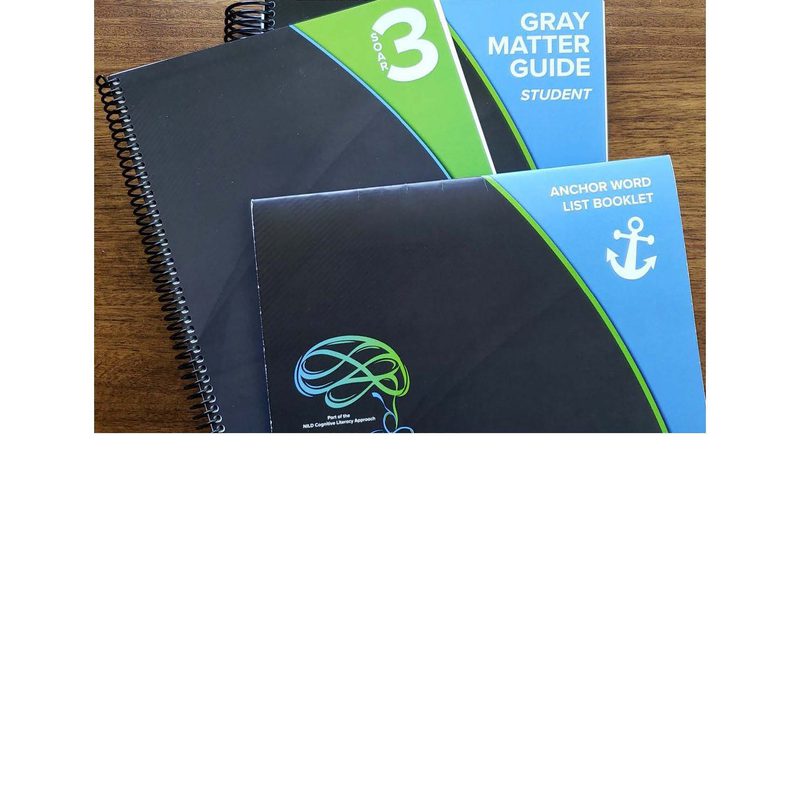
RX STUDENT KIT - Emerging/Proficient/Advanced
$100.00
Gray Matter
-
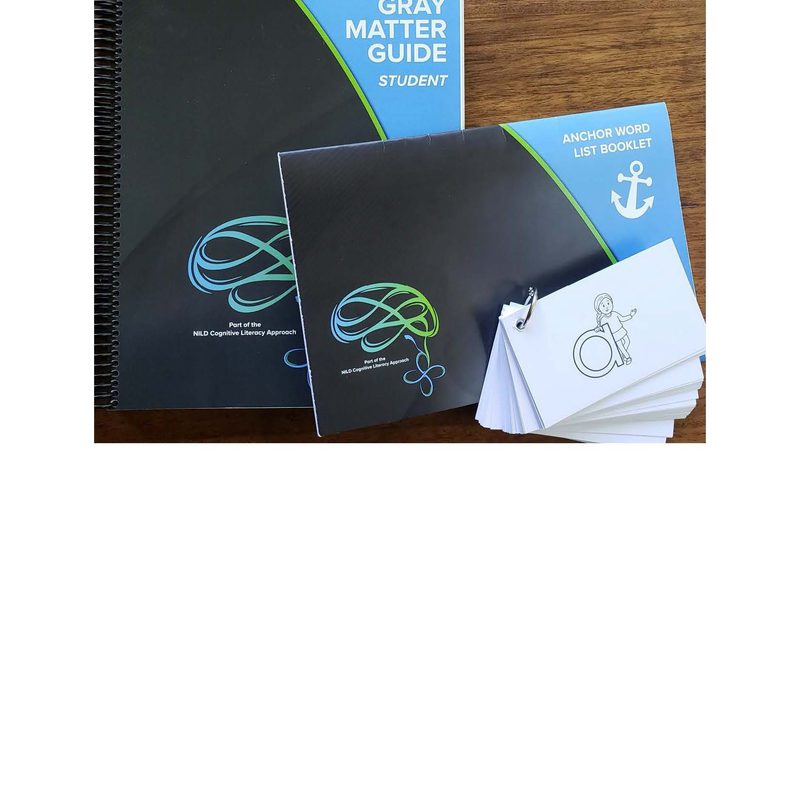
RX STUDENT KIT - Formative
$65.00
Gray Matter
-
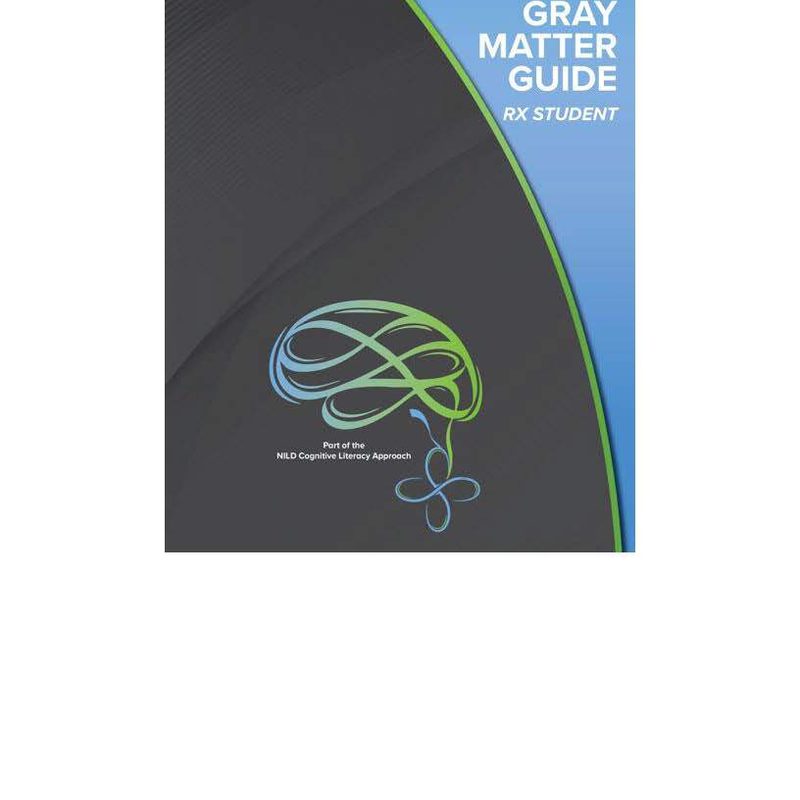
Gray Matter Guide: Rx Student Only
$45.00
Gray Matter
-
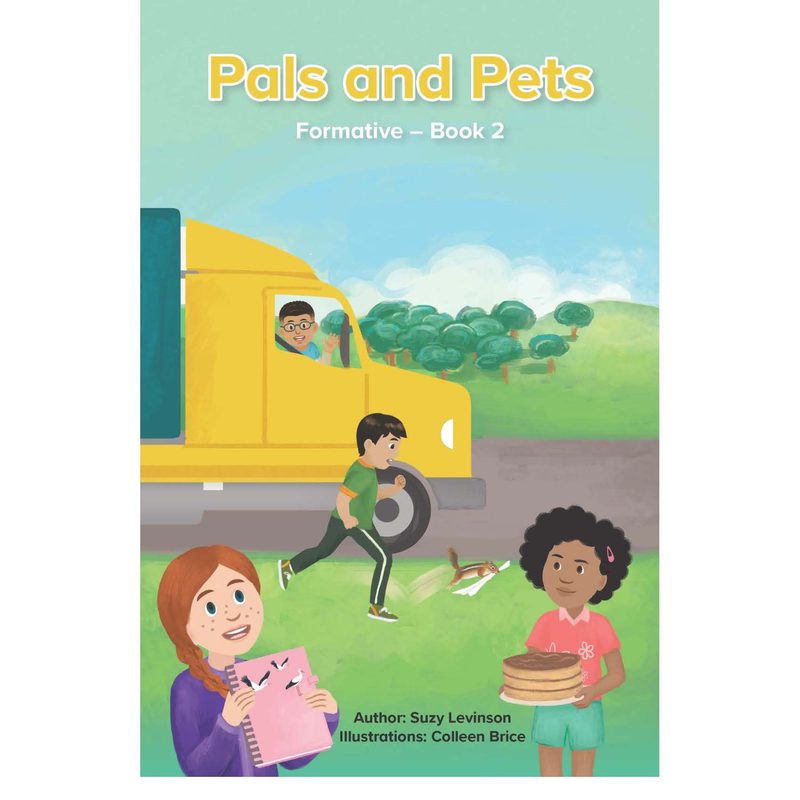
Decodable Reader: Pals and Pets - Formative - Volume 2
$18.50
Course Materials, Mediated Learning Materials
-
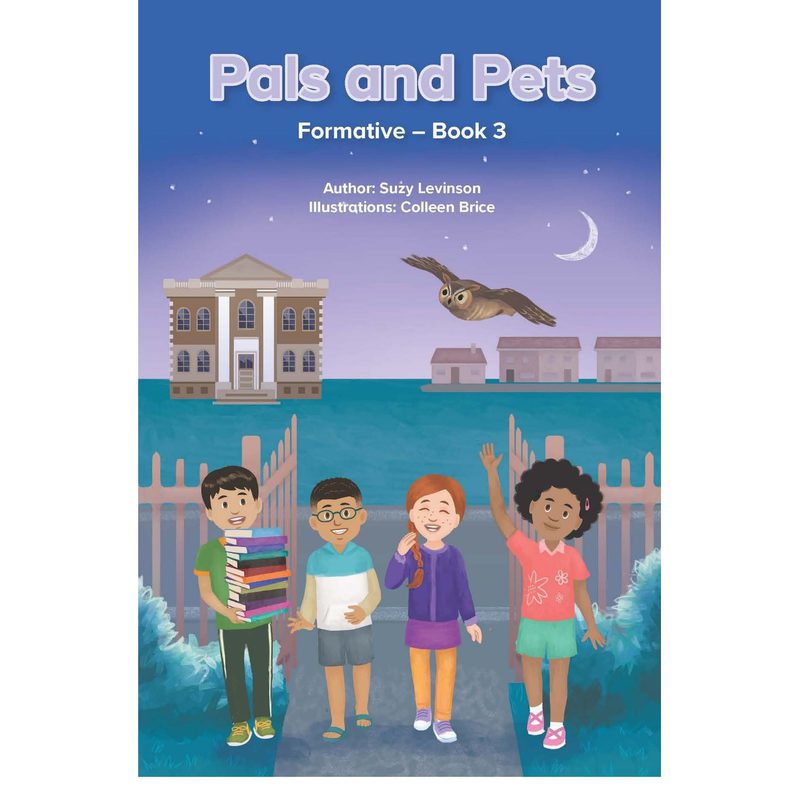
Decodable Reader: Pals and Pets - Formative - Volume 3
$18.50
Course Materials, Mediated Learning Materials
-
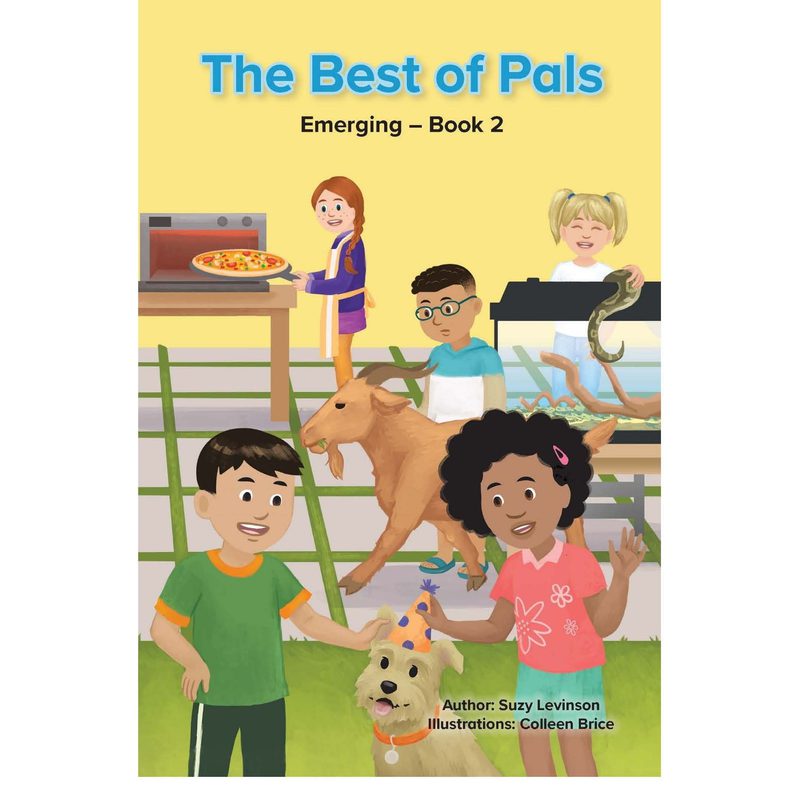
Decodable Reader: Best of Pals - Emerging - Volume 2
$18.50
Course Materials, Mediated Learning Materials
-
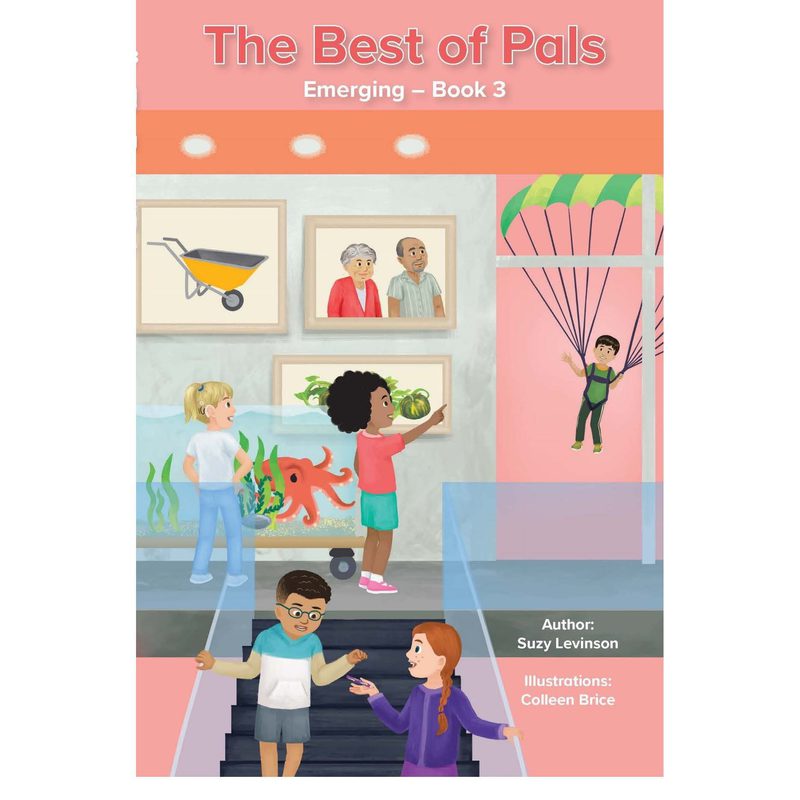
Decodable Reader: Best of Pals - Emerging - Volume 3
$18.50
Course Materials, Mediated Learning Materials
-

Decodable Readers: Pals and Pets - Three Volume Set - FORMATIVE
$52.50
Course Materials, Mediated Learning Materials
-

Decodable Readers: Best of Pals - Three Volume Set - EMERGING
$52.50
Course Materials, Mediated Learning Materials